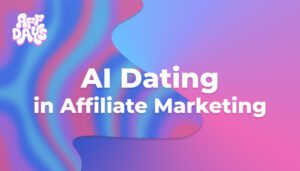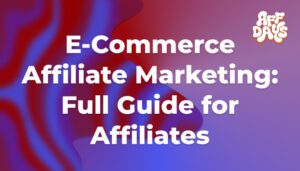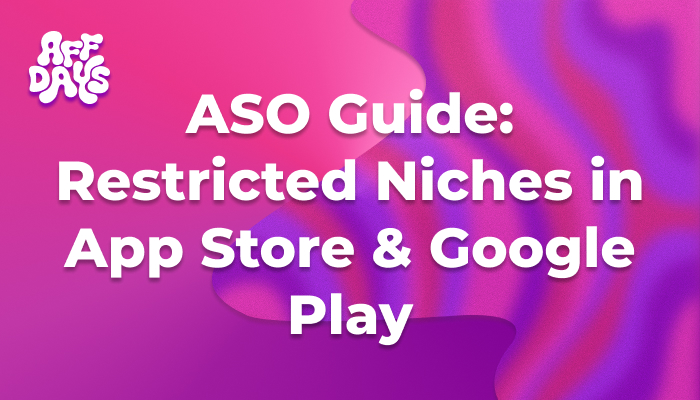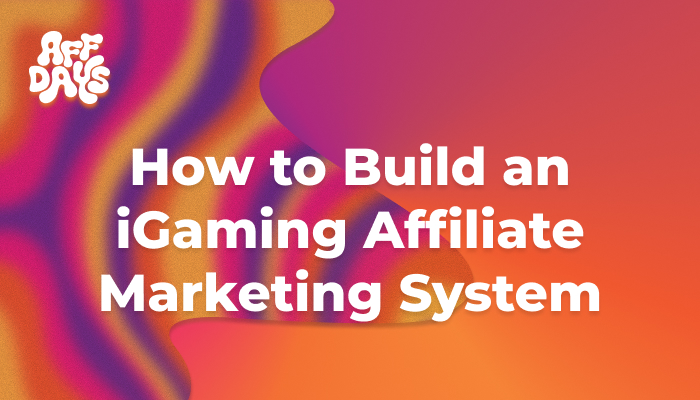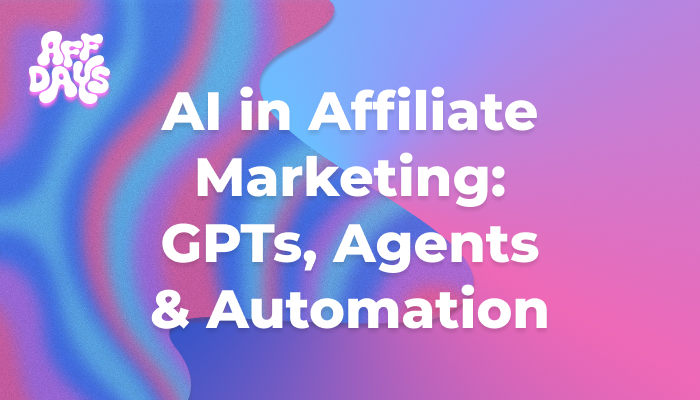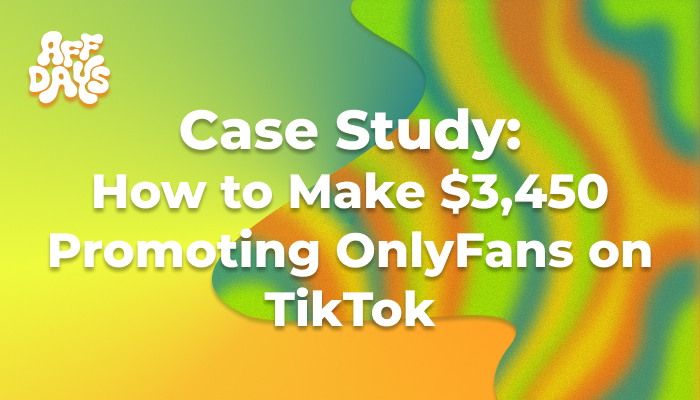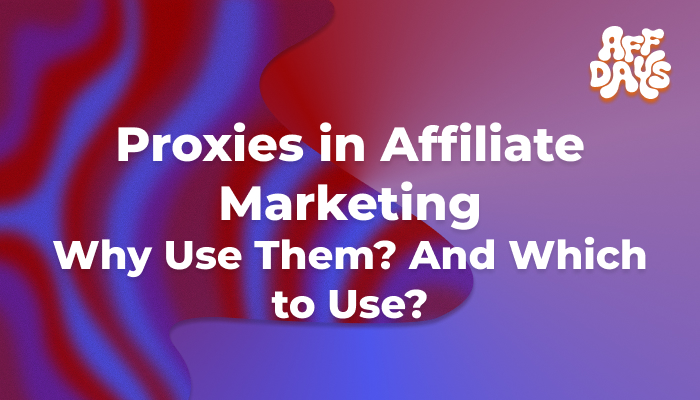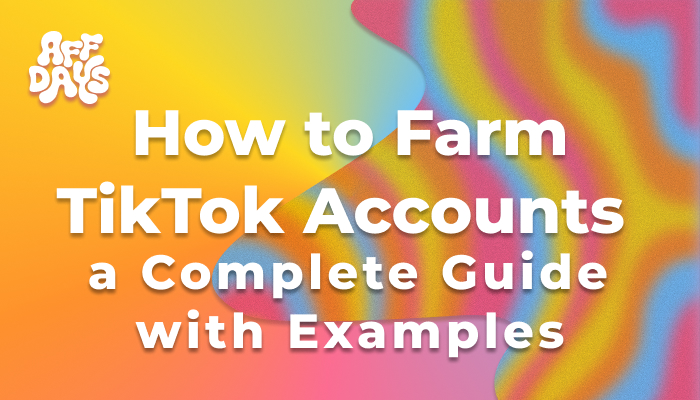In some cases, everything is indeed set up just right, but the account still gets banned straight away. This could potentially be an issue with a busted setup, and most notably so when operating within a gray or black niche.
Outcore is a team with years of experience in media buying and working with Google Ads. We launched our company in 2020 to help media buying teams and solo buyers overcome issues with unstable accounts, budget limits, and frequent bans. We will cover 3 working methods to set up an account here: from a minimal anti-detect browser to a more solid setup with a VPS or clean equipment. With our expertise and comprehensive approach, you gain stability and the ability to scale your ad campaigns without unnecessary risks. And we’ll briefly cover errors most commonly leading to banned accounts straight from the beginning.
Competent setup is the foundation of working smoothly with a Google Ads account. It influences how long the account will exist, its level of trust, fraud score, pass of moderation, and general lifetime period. To ensure everything goes well, consider three setup models that are compatible with verticals such as gambling, betting, nutra, crypto, finance and many more (which are black or grey).
- Method #1 Anti-Detect Browser + Proxy + Gmail farming
- Method #2 VPS + OpenVPN + Gmail farming
- Method #3 New laptop + modem + manual Gmail farming
- Errors that result in a ban
- Error 1. One proxy server for multiple accounts
- Error 2. Using a different proxy to access Gmail
- Error 3. Installation of a standard VPN client
Method #1 Anti-Detect Browser + Proxy + Gmail farming
This is the simplest and cheapest method, which is suitable for launching a bunch of accounts on a limited budget. It is possible to buy a browser with 10 active sessions for $15, and this is enough to test. But do not forget that due to its popularity, Google will often detect this trick, and this will directly impact the fraud score. Such browsers are easy to detect, as Google always makes updates within the anti-fraud system, so don’t rely on them a lot.
What to do: first, install the anti-detect browser and apply proxy to your profile. Then, buy or create a Gmail account. Then, farm the account around the clock for approximately 5-7 days: collect cookies, stay active in other services, and subscribe to other services.
Method #2 VPS + OpenVPN + Gmail farming
This option is suitable for those operating with substantial volumes. This is a more expensive process than the first because all activity is routed to farmed Gmail accounts set up within a VPS via OpenVPN.
What to do: first of all, you will require a 2-4-core VPS with 4-8GB of RAM and a proxy service that has proxies in .ovpn format. Then you install the oVPN, and create a Gmail account and farm it for 7 days, or buy Google Ads accounts with spend history.
Method #3 New laptop + modem + manual Gmail farming
This is the safest way that offers the most trust and least fraud. You will need to employ a brand new laptop, an internet-sharing cell phone, and a new SIM card (be sure the number has not been used before to register a Gmail account).
What to do: farm a new Gmail, a MacBook is best to use since you can reset and reuse it again. Insert a modem with the new SIM, create a Gmail account, and farm it continuously on Google services for 7 days.
Note: you will need to use the same setup that Gmail is farmed from. That is, the same laptop and same network. Otherwise, Google will detect the difference.
If you have any questions or you need guidance with setup, the Outcore team is ready to assist and provide tailored solutions.
Errors that result in a ban
Despite having a correct setup and a reputable account, you will quickly get banned if you commit basic mistakes. Let’s consider the 3 most frequent ones.
Error 1. One proxy server for multiple accounts
When multiple accounts are sharing the same IP, Google catches it immediately. This type of practice is marked as multi-accounting. That means all of the accounts involved in that proxy are banned.
How to prevent it: each account must get its own proxy. Do not cheat here on environment isolation, particularly when you are farming and launching on a big scale.
Error 2. Using a different proxy to access Gmail
If a Gmail account is farmed from one device and then accessed from another browser, anti-detect, or VPS, Google immediately recognizes the change of environment, hardware and IP. This type of action appears to be a hack or a suspicious activity and will result in a ban.
How to prevent it: use Gmail only from the same hardware and IP where it was originally farmed. It has to remain in the same setup in order not to get banned.
Error 3. Installation of a standard VPN client
If a standard VPN (such as NordVPN) is employed in place of an OpenVPN configuration, then the chances of a ban are close to 100%. These clients are connected to public IPs which are frequently already included in Google’s ban lists.
How to avoid it: use only OpenVPN configs from a trusted proxy service. Avoid all off-the-shelf VPN clients in order not to ban your accounts.
Anyone who has dealt with mass bans in Google Ads knows how disruptive it can be-dealing with blocks, disapprovals, and permanent bans. And often the reason is incredibly simple: using one proxy for two accounts, logging into Gmail from a different device, or skipping the email warm-up process. These might seem like small things, but in reality, they’re the reason many accounts don’t survive even a single day. To avoid these issues, it’s better to invest in a proper setup from the beginning and work without the stress.
To fully understand the setup methods and receive personalized consultation, you can contact our team. We work with media buying teams worldwide, provide personal account managers, and respond to client requests quickly.

Ksenia has extensive hands-on experience in affiliate marketing, having worked as a media buyer and affiliate for several years across multiple verticals. Throughout her career, she managed traffic from a wide range of sources, tested funnels, and collaborated directly with advertisers and networks.
For the past six years, she has also been writing in-depth articles, reviews, and analytical guides about affiliate marketing. Her work has appeared on well-known industry blogs and platforms, where she covers topics such as traffic sources, compliance, creatives, tracking, and campaign optimization.
Today, Ksenia combines practical experience with editorial expertise, contributing as a guest expert to various affiliate marketing projects and helping educate both beginners and experienced affiliates.




